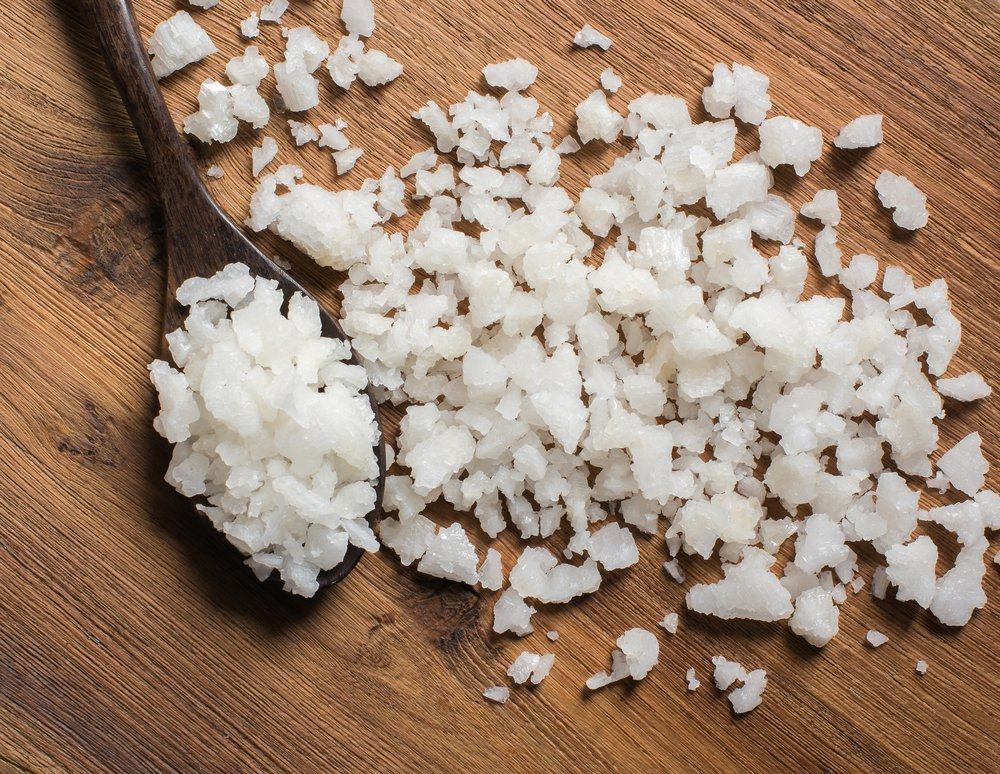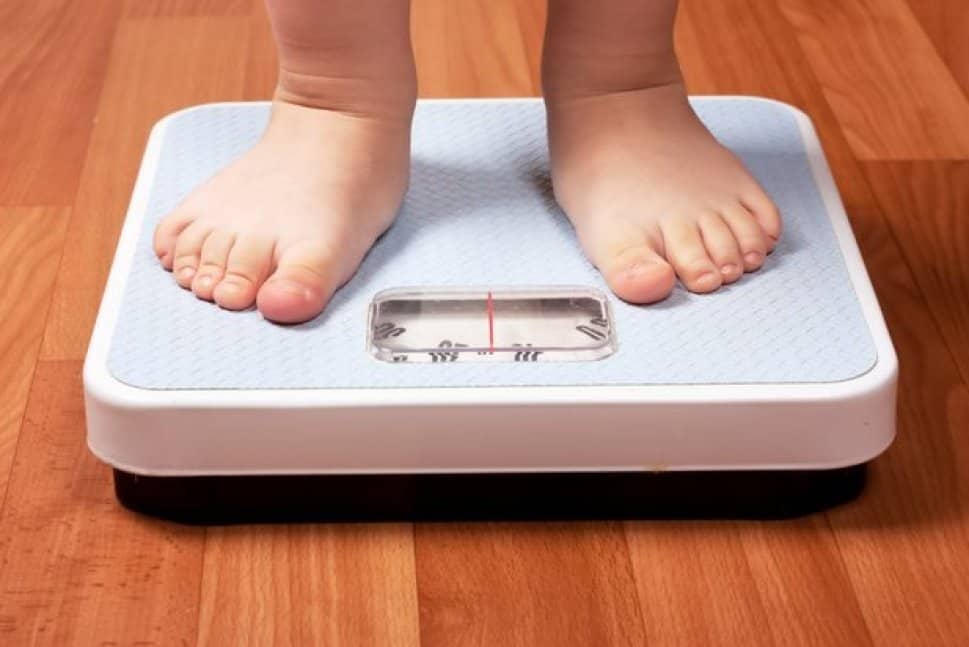Contents:
- Medical Video: Why is too much salt bad for you?
- Why do we need salt?
- What level of salt in the blood is considered too low?
- The cause of salt levels is too low
- Symptoms and effects of hyponatremia
- How to prevent hyponatremia?
Medical Video: Why is too much salt bad for you?
Salt that has a salty taste is known as a flavor enhancer in food. But in reality, salt is one part of the nutrients stored in the blood. Even though you need too much with not too much, someone who has too little salt in your blood will experience various bodily malfunctions and, in a serious condition, can cause death.
Why do we need salt?
Sodium (Na) salt is an electrolyte and a mineral, most of which (85%) is found in the blood and lymph fluid. Body salt intake is generally obtained from foods cooked using salt and other products that contain baking soda.
Sodium in the blood is useful for helping the body's water content and electrolyte balance. However, sodium balance is also influenced by the performance of the adrenal gland, which regulates the time of salt storage and the release of salt through sweat.
Decreased sodium in the blood is influenced by several factors, one of which is malfunctioning of the adrenal gland, as well as some disorders such as heart failure and malnutrition, which causes blood sodium in the blood to be too low or known as hyponatremia.
What level of salt in the blood is considered too low?
The doctor will check whether you have hyponatremia, aka the level of salt (sodium) in the blood is too low, by doing a blood test. This is intended to determine the serum sodium concentration, which normally ranges from 135 - 145 mmol / L. Someone is said to experience hyponatremia if you have a salt level in the blood that is lower than that limit.
The severity of hyponatremia is also reclassified based on the concentration of sodium in the blood:
- Light: 130 - 134 mmol / L
- Medium: 125 - 129 mmol / L
- Serious: <125 mmol / L
The cause of salt levels is too low
The condition of hyponatremia is a disorder as well as a symptom of other diseases. Hyponatremia caused by a decrease in sodium can be triggered by several things, including:
- Fluid and sodium outflow when vomiting and diarrhea
- Take antidepressant drugs and painkillers that cause more sodium to come out with urine and sweat
- Take diuretic drugs
- Consumption of too much water causes sodium concentrations to be too small
- Dehydration
- Consumption of ecstasy
While some medical conditions or diseases that cause hyponatremia include:
- Thyroid disorders or hypothyroidism
- Adrenal gland disorders especially in Addison's disease
- Heart disease, especially congestive heart failure which causes fluid buildup
- Kidney disorders that inhibit the function of excretion of water
- Primary polydipsi which causes thirst and drinks excess water
- Type one diabetes
- The development of tumors and cancer
- Liver cirrhosis
Symptoms and effects of hyponatremia
Individuals who experience hyponatremia may not experience significant symptoms or disorders, if a decrease in sodium levels in the blood occurs slowly and is not close to serious limits. The development of hyponatremia can occur slowly or last for several days, and cause some mild symptoms such as:
- Feeling weak
- Muscle fatigue, especially when doing work with muscle strength
- Headache
- Sudden cramps and muscle aches
- Experiencing confusion and difficulty thinking
- Loss of appetite
- Nausea and vomiting
- Emotional
Acute hyponatremia is a serious condition, because a decrease in blood sodium occurs too fast or takes place in about 48 hours. When this happens, the brain will have difficulty regulating fluid and salt levels, and at the same time the brain loses sodium. Low levels of sodium in the blood flowing to the brain cause several serious complications, including:
- Loss of consciousness, hallucinations, or coma
- Brain damage due to brain enlargement and intracranial pressure
- Dead
How to prevent hyponatremia?
The presence of the main disease causing hyponatremia needs to be addressed first while maintaining the salt balance and water content in the individual. This can be done by doing one or more of the following efforts:
- Regulate water consumption - necessary if the results of the sodium concentration test show mild hyponatremia by preventing too much water consumption in a short time.
- Set the dose of diuretic medication - necessary to regulate discharge and balance sodium concentration.
- Giving intravenous fluids - aims to replace salt and lost fluids as in individuals who are dehydrated due to vomiting and diarrhea.
- Sodium retraining medicine - is a type of drug that encourages the release of excess fluid through urine but still stores sodium salt in the body.
- Dialysis - also known as dialysis treatment efforts carried out if the kidneys cannot function normally, so that a person must remove excess fluid through this method.
In addition, maintaining adequate fluids also needs to be done to prevent hyponatremia. This can be done by fulfilling the drinking water needs during and after exercise so that you are not too thirsty and drinking too much water. The consumption of electrolyte drinks can also be an option to optimally restore salt concentration and body fluid levels.












